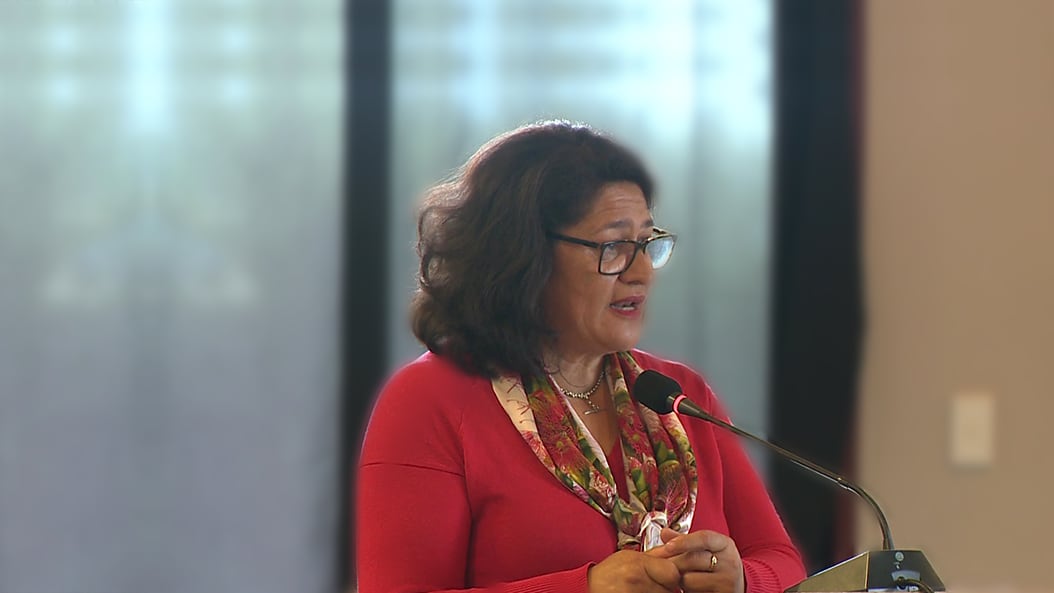The Waitangi Tribunal arrived at Tūrangawaewae Marae this week to hear submissions on the mana wahine claim.
A group that included the late Dame Whina Cooper filed the first part of the mana wahine claim more than 28 years ago and, according to one of the claimants, Doctor Mānia Campbell-Seymour, it all starts with whakapapa, which really encapsulates what mana wahine is.
"The overarching theme of my submission is whakapapa, and of Muriwai, that tupuna who made herself like a man so the Mataatua canoe and its people did not perish."
In 2015, the Waitangi Tribunal announced a comprehensive programme of kaupapa inquires. Kaupapa inquiries deal with issues of national significance that will require a whole of New Zealand government response.
In December 2018, the Waitangi Tribunal formally initiated the Mana Wāhine Kaupapa Inquiry into claims alleging prejudice to wāhine Māori arising from Crown breaches of the Treaty of Waitangi, in both historical (pre-September 1992) and contemporary times (the Inquiry).
Wahine rangatiratanga
Mother, daughter duo Sharon Campbell and Mānia Campbell-Seymour were just one of many to present evidence at Tūrangawaewae marae, and examples of mana wahine maltreatment were the basis of their submission, and according to Mānia, "Me and mum stood in front of the Waitangi Tribunal and the Crown, to challenge them on their oppression of Māori."
At the heart of all the claims is the loss of rangatiratanga and the social, economic, environmental and cultural loss that has occurred from this loss of recognition of wahine rangatiratanga. The roles and responsibilities of wāhine Māori are crucial to Te Ao Māori, iwi, hapū, marae and whānau.

The Kīngitanga cleared its pae to allow women to greet manuhiri from the porch of Tūrongo, and Campbell was given the opportunity to speak, "I was very surprised when Annette Sykes told me to stand same with the kuia Mamae Takerei. They said 'be strong and stand.' So, because they told me to, I stood to whaikōrero."
Submissions will continue to be heard tomorrow.
